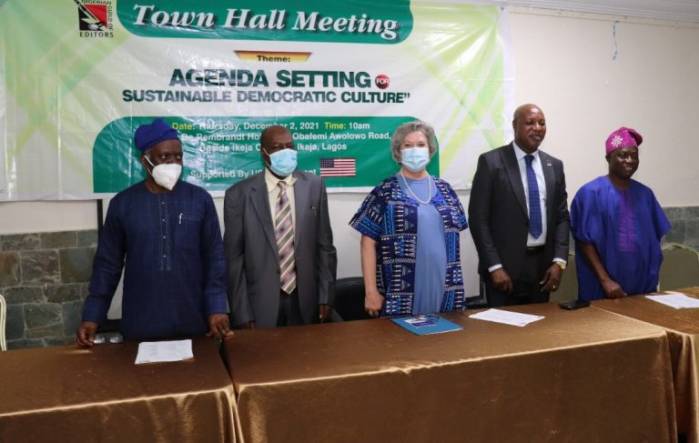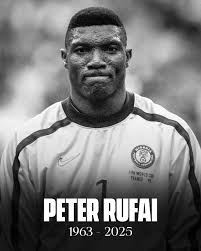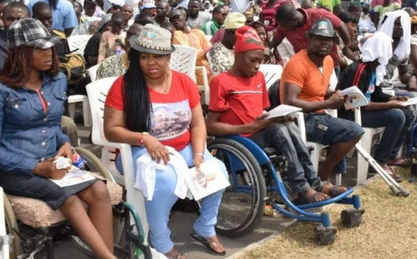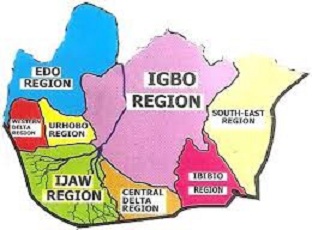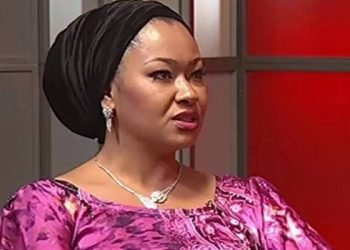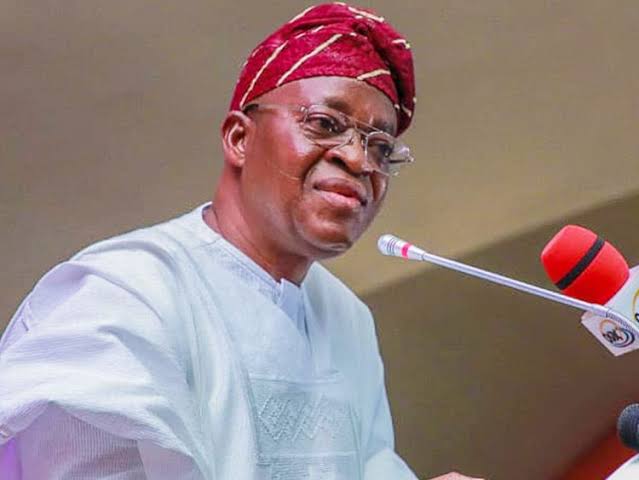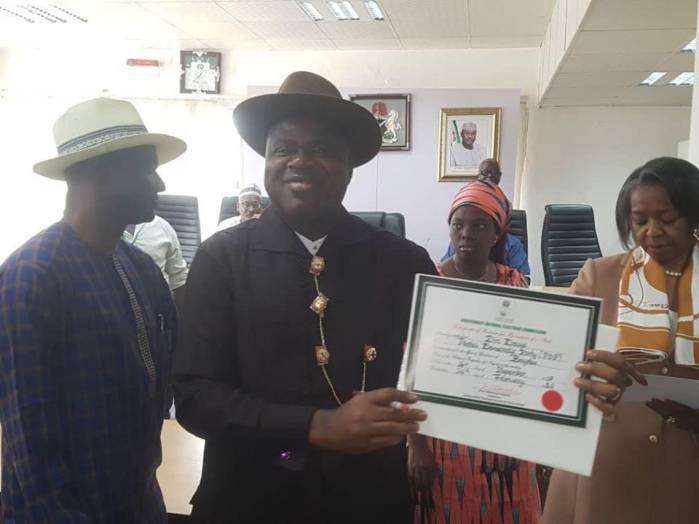U.S. Ambassador to Nigeria, Mary Beth Leonard, has urged Nigerian media to leverage their right to press freedom by countering propaganda and disinformation through regular and impartial fact-checking.
Speaking during a Town Hall Meeting hosted by Nigerian Guild of Editors (NGE) on Thursday in Lagos, the U.S. ambassador said that team approach was needed to help improve public trust in the media.
The media-focused Town Hall meetings and two-day workshops for over 200 editors, which will take place in turns in the six geopolitical zones across the country is supported by the U.S. Embassy in Nigeria.
It was themed “Agenda Setting for Sustainable Democratic Culture.”
According to Leonard, one of the challenges that democracies around the world are faced with is an “unfortunate, pervasive lack of trust in the media.”
She decried financial inducement of journalists, saying that the “practice corrodes the institutional position of the media as what we refer to as the “Fourth Estate,” or one of our pillars of democracy.
“Brown envelope journalism undermines the public’s trust in the media, erodes journalistic integrity, and defeats the media’s ability to play a transparent oversight role over government actions,” said the U.S. envoy.
The U.S, ambassador also said that access to accurate, unbiased information was critical to democracy.
“It ensures that citizens make responsible, informed choices rather than acting out of ignorance or misinformation.
“Information that is publicly accessible to all ensures that elected representatives uphold their oaths of office and carry out the wishes of those who elected them,” the US envoy said.
She said that the Nigerian media could ensure that citizen voices were heard and this, in turn, might help reverse voter apathy.
“Too often Nigerian elections are personality based and lose focus on critical issues such as unemployment, inflation, and lack of health care,” Leonard said, adding that the media could hold the candidates accountable for discussing issues.
The U.S. envoy said that media coverage of elections could encourage more turnout if all outlets focus on the issues that affected the daily lives of constituents.
“Patronage politics, corruption, inequality, and the failure of many democratic governments to deliver for their citizens fuel public and media doubts about the democratic model, causing them to lose hope and accept the status quo as normal,” she said.
The US envoy urged the media to pay attention not just to the problems of the society, but also to possible solutions.
“When you uncover stories that others have tried to hide or deny, inevitably prosecutions follow, and accountability is attained through the voice of the people at the ballot box,” Leonard said.
According to her, most vicious trolls on the internet are shielded by anonymity and called for media literacy as part of the school curriculum.
The ambassador said that the U.S. recently created a new Bureau of Cyberspace and Digital Policy to fight back against disinformation, stand up for internet freedom and reduce the misuse of surveillance technology.
“Too often, technology is being used to silence dissent and prosecute citizens – and democracies must answer the call to fight back against disinformation, stand up for internet freedom, reduce the misuse of surveillance technology, and establish standards of responsible conduct in cyberspace.
“Democracy works at its best where there is a multiplicity of voices from broad segments of society which represent every race, gender and ethnicity addressing a plethora of issues from access to opportunity, health, and prosperity,” Leonard said.
Human Rights lawyer, Femi Falana, SAN, who was the guest Speaker, said that Nigerian editors had failed to ask pertinent questions while addressing topical issues that affected democracy in the country.
According to him, an assault on democracy can occur anywhere in the world and the political elite play a major role in the institutional degeneration.
Falana also urged Nigerian journalists to strengthen their disciplinary bodies in order to fish out and punish those who were bringing the profession into disrepute.
READ ALSO : Israeli COVID-19 Expert Urges Patience In Assessing Omicron Variant
Mustapha Isah, President of NGE, said one of the major roles of the media was agenda setting, adding that the more stories the media did on a particular subject, the more importance the audience would attach to it.
According to him, what is currently dominating headlines in the media on the 2023 general elections is zoning or power rotation.
“This is the agenda of the politicians. As the politicians talk about zoning, the media should remind them that citizens are more interested in the issues of development, education, insecurity, youth unemployment and poverty ravaging the nation.
“The media as a watchdog of society owes it as a duty to monitor governance and hold public office holders accountable to the people who elected them,” he said.
The capacity-building fora was discussing and sharing best practices with international experts on topics including journalistic standards, identifying bias, and conducting fact-based investigative reporting to better inform the Nigerian public. (NAN)
